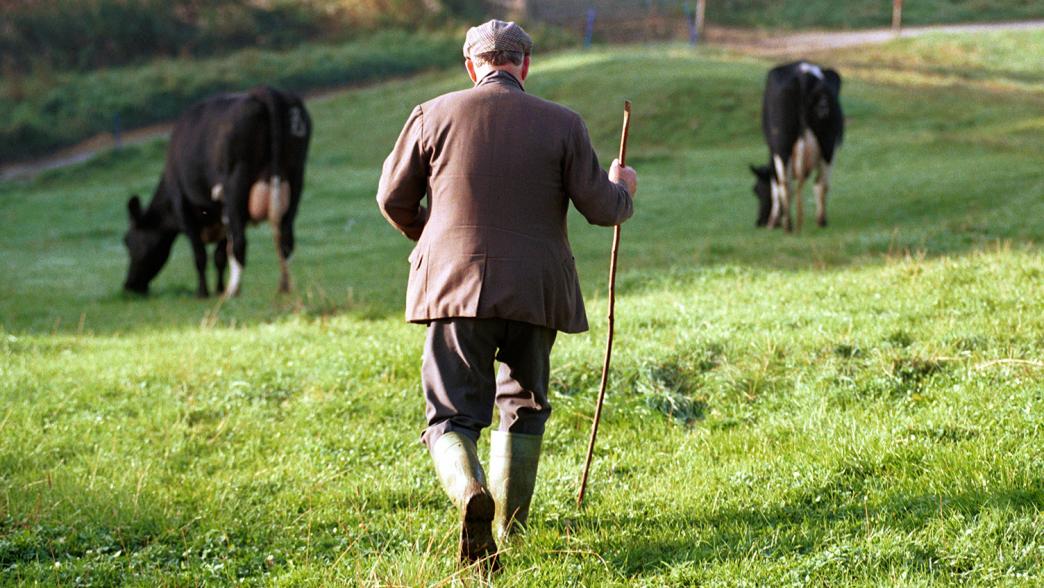Report
Agriculture after Brexit: Replacing the CAP
The government risks its reforms being seen as a failure by some (if not all) of farmers, environmentalists, taxpayers and consumers.

The government risks its reforms being seen as a failure by some (if not all) of farmers, environmentalists, taxpayers and consumers.

What needs to be done to ensure a better future for food, farming and land use in England.
Former deputy prime minister, health secretary and environment secretary Thérèse Coffey joined us to reflect on her nine years as government minister.
Whoever wins the election will face seven key Brexit questions.
Government must make managing climate change a priority.